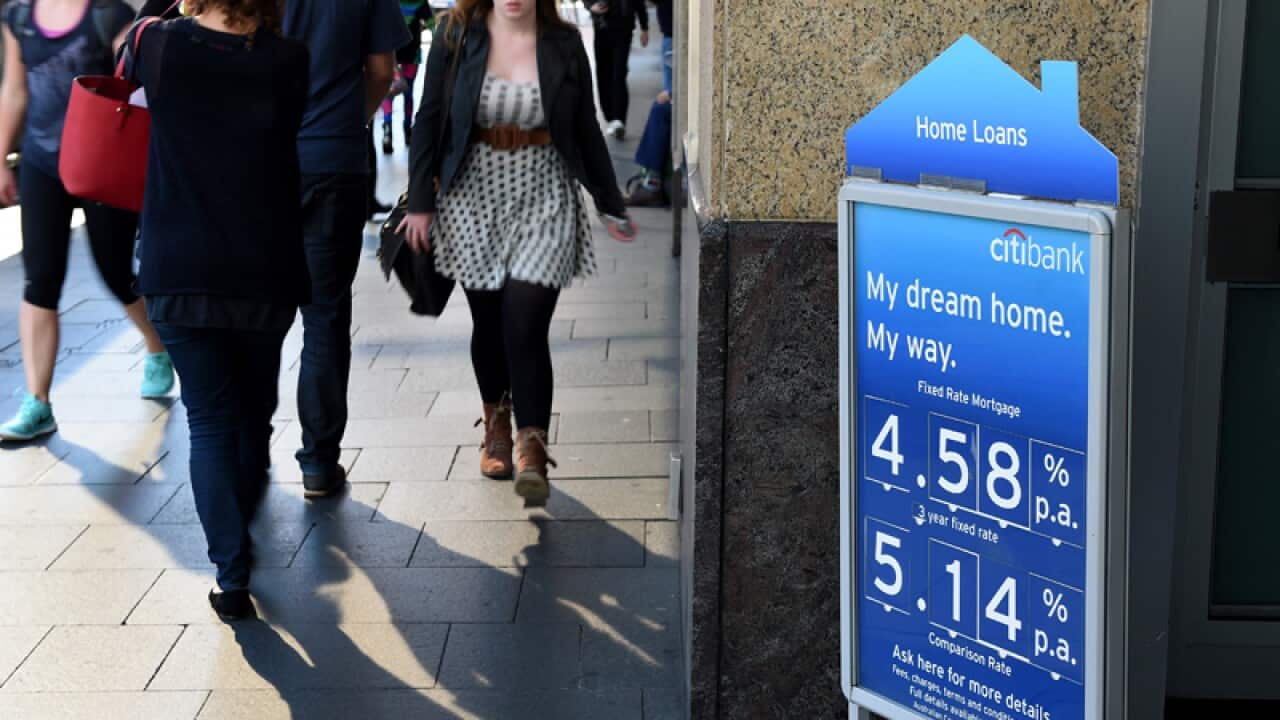Treasurer Scott Morrison remains highly critical of the nation's big four banks for raising their mortgage rates, particularly when they are trying to blame the government.
ANZ, Commonwealth Bank, National Australia Bank and Westpac independently have increased their standard variable mortgage rates by 0.15 to 0.20 percentage points in the past couple of weeks, blaming increased capital requirements.
"I'm not going to give them a leave pass to do that, they can't blame the government for their commercial decisions, that's their decision and they need to justify that to their customers," Mr Morrison told Sydney radio 2GB on Monday.
In responding to the financial system inquiry chaired by former banker David Murray last week, the government accepted a recommendation that will force banks to retain additional funds to ensure the system remains resilient during difficult times.
But Mr Morrison said the government didn't force the banks to increase their interest rates.
"A small business out there would have changes to their costs all the time," he said.
"Now, they just can't run out there and increase their prices because they know it will impact them in how they are trying to make a living."
In stark contrast, the banks are strong and make handsome profits.
The decision by the banks has raised speculation the Reserve Bank may be forced to cut the cash rate when it meets next week to counter the effect of a rise in mortgage rates.
This Wednesday's official inflation figures won't trigger a rate move, but they won't stand in the way of one either.
Economists expect the consumer price index to have risen 0.7 per cent in the September quarter, which would leave the annual rate at 1.7 per cent, remaining below the RBA's two to three per cent inflation target band.
Westpac chief economist Bill Evans said for the central bank to cut by the normal 0.25 percentage points, and more than the retail banks, would mean a net easing of financial conditions.
"There was nothing in the (RBA) board's minutes from the October meeting to suggest that a net financial easing was going to be required in the near term," he said.
Commonwealth Securities chief economist Craig James also noted that about 80 per cent of customers of the CBA, the nation's biggest bank, are ahead in their home loan repayments, some significantly.
"So higher bank home loan rates are unlikely to markedly impact on consumer spending decisions," he said.
Share

